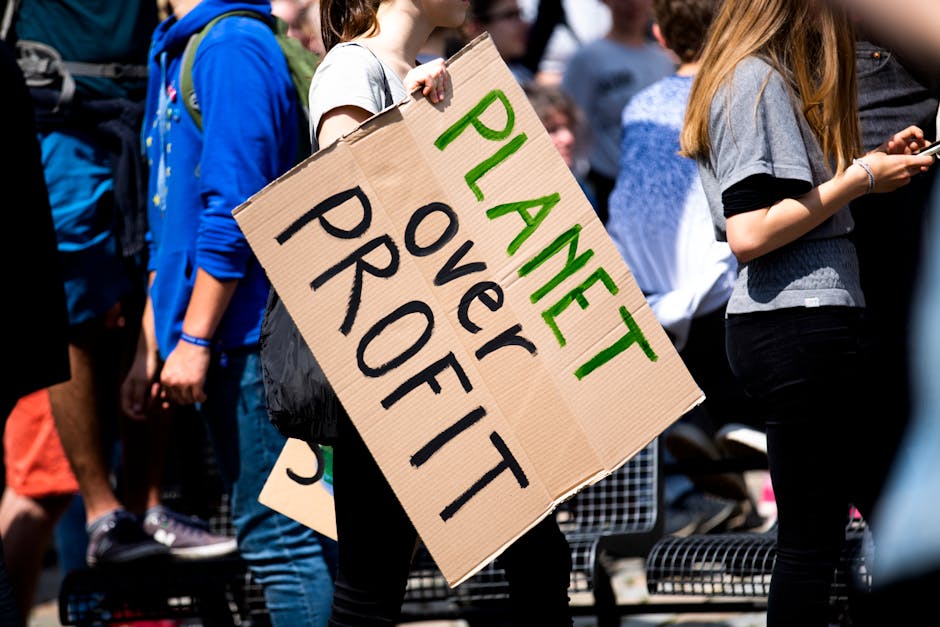Global warming, a term that has become synonymous with environmental crisis, refers to the long-term rise in Earth's average surface temperature due primarily to the accumulation of greenhouse gases in the atmosphere. These gases, such as carbon dioxide and methane, trap heat from the sun, causing the planet to warm at an unprecedented rate.
The consequences of global warming are dire and far-reaching. Rising temperatures lead to more frequent and intense heat waves, droughts, and wildfires, threatening human health, infrastructure, and ecosystems. Coastal regions face increased risks of flooding and erosion as sea levels rise due to melting glaciers and polar ice caps.
Agriculture is also heavily impacted by global warming. Changes in temperature and rainfall patterns disrupt crop yields, reducing food security and exacerbating hunger worldwide. The ocean's ecosystems are also affected, as warmer waters disrupt marine life and threaten the livelihoods of coastal communities.
Beyond the environmental consequences, global warming poses significant economic and social challenges. Climate-related disasters often result in massive property damage, business disruptions, and job losses. Moreover, extreme weather events can displace people, leading to humanitarian crises and social unrest.
The scientific consensus on global warming is overwhelming. Multiple lines of evidence, including temperature data, sea level records, and ice core samples, all point to the human influence on climate change. The Intergovernmental Panel on Climate Change (IPCC), the leading international body for assessing climate science, has repeatedly warned that urgent action is needed to limit global warming to manageable levels.
Addressing global warming requires a multifaceted approach. Reducing greenhouse gas emissions is paramount, which can be achieved through transitioning to renewable energy sources, improving energy efficiency, and promoting sustainable transportation. Additionally, investing in climate adaptation measures, such as flood barriers and early warning systems, is crucial to mitigate the impacts of climate change that are already occurring.
Individual actions can also make a difference. Reducing our carbon footprint by making lifestyle changes, such as using public transportation, conserving energy, and consuming less meat, can help reduce greenhouse gas emissions. Supporting climate-friendly policies and holding governments accountable for climate action is also essential.
Global warming is an urgent threat that requires immediate attention. By understanding the science, recognizing the risks, and taking collective action, we can mitigate the worst impacts of climate change and protect the future of our planet and its inhabitants.

